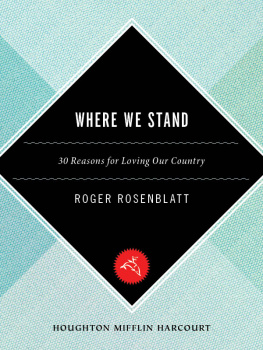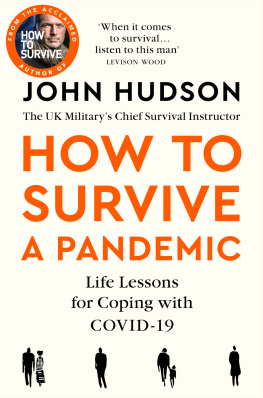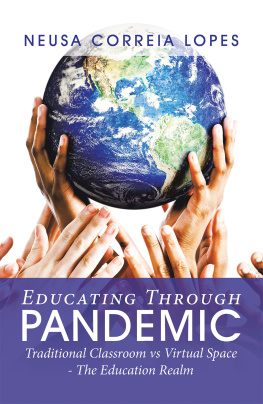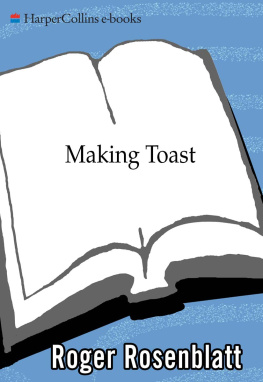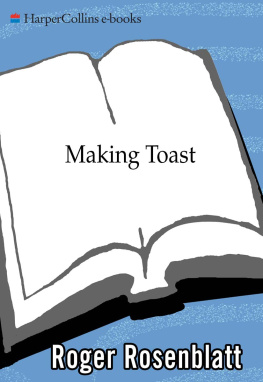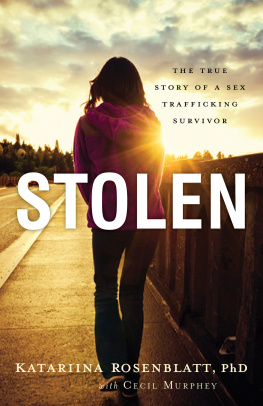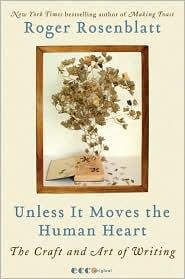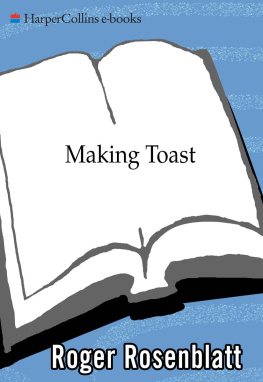Therese Rosenblatt - How Are You? Connection in a Virtual Age: A Therapist, a Pandemic, and Stories about Coping with Life
Here you can read online Therese Rosenblatt - How Are You? Connection in a Virtual Age: A Therapist, a Pandemic, and Stories about Coping with Life full text of the book (entire story) in english for free. Download pdf and epub, get meaning, cover and reviews about this ebook. year: 2021, publisher: RosettaBooks, genre: Home and family. Description of the work, (preface) as well as reviews are available. Best literature library LitArk.com created for fans of good reading and offers a wide selection of genres:
Romance novel
Science fiction
Adventure
Detective
Science
History
Home and family
Prose
Art
Politics
Computer
Non-fiction
Religion
Business
Children
Humor
Choose a favorite category and find really read worthwhile books. Enjoy immersion in the world of imagination, feel the emotions of the characters or learn something new for yourself, make an fascinating discovery.

- Book:How Are You? Connection in a Virtual Age: A Therapist, a Pandemic, and Stories about Coping with Life
- Author:
- Publisher:RosettaBooks
- Genre:
- Year:2021
- Rating:3 / 5
- Favourites:Add to favourites
- Your mark:
How Are You? Connection in a Virtual Age: A Therapist, a Pandemic, and Stories about Coping with Life: summary, description and annotation
We offer to read an annotation, description, summary or preface (depends on what the author of the book "How Are You? Connection in a Virtual Age: A Therapist, a Pandemic, and Stories about Coping with Life" wrote himself). If you haven't found the necessary information about the book — write in the comments, we will try to find it.
By turns a memoir, a chronicle, and a provocative contemplation of our new socially distanced and virtual world, How Are You? tells the story of how a therapist found herself plunged overnight into the unsettling reality of a pandemic and all-virtual therapy.
Therese Rosenblatt shares her privileged front-row seat into the hearts and minds of her patients, to report on what is actually going on inside real peoples heads from the dark, early days of the pandemic through its long, drawn out progression. Dr. Rosenblatt then trains her own attuned eyes and ears onto herself, sharing some of her own experiences, challenges, and unexpected pleasures as she navigates this new world together with her patients.
Readers get an insider view of how her patients are coping with loss, loneliness, and isolation, as well as overcrowding with relatives, spouses, and partners, and their challenges with substance use. Rosenblatt opens a window into her own private thoughts as she conducts her therapy sessions-an inner world that is normally reserved for the therapist alone. At the same time, readers are privy to the experience and perceptiveness of an analytic therapist, living through the same crisis as her patients. A crisis that includes catastrophic illness, social isolation, and the move to a virtual existence that is liberated from the physical space of the consulting room, yet missing its comforts and human sensibilities.
The stories journey deep into the regions of the private therapy space with vignettes from remote patient sessions, revealing what it has been like as they tackle poignant and pivotal aspects of their lives-difficult marriages, ambivalence about pregnancy, and young adults trying to launch into the world while locked down with their parents.
Dr. Rosenblatt offers us a breadth of insight gleaned from twenty-six years of practicing therapy, plus many more decades of a life lived fully. Here is a book filled with wise observations that offer succor and skills for those searching for guidance in this time of crisis and facing the demands of living, loving, working, connecting, and finding meaning in a world lived increasingly at a distance.
Therese Rosenblatt: author's other books
Who wrote How Are You? Connection in a Virtual Age: A Therapist, a Pandemic, and Stories about Coping with Life? Find out the surname, the name of the author of the book and a list of all author's works by series.

